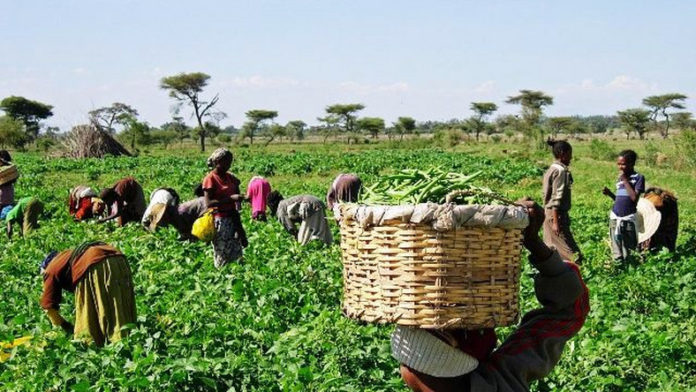The Minority in Parliament says farmers are set to face a crisis during the next planting season if government does not settle its indebtedness to suppliers.
The government currently owes suppliers of fertilizer and improved seedlings several millions of cedis.
Speaking during the consideration of budget estimates for the Ministry of Agric, Deputy Ranking Member on the Food and Agriculture Committee Dr Godfred Seidu Jassaw says the suppliers are threatening to freeze supplies to farmers who desperately need them.
“Speaking to industry players, most suppliers of fertilizers and improved seeds that have been registered to supply these inputs for the planting for Food and Jobs Program have threatened to supply for the next production year because they have been owed money that they have not been paid.”
Dr. Seidu Jassaw faulted the Finance Ministry for the non-release of funds to the Ministry for Food and Agriculture to effect such payments.
“The Ministry for Finance has not been releasing funds to settle this indebtedness. Mr Speaker, this means that our farmers are likely not to have an adequate supply for these inputs that we so require to prosecute the next production season,” he added.
He sounded the caution that this will have a devastating impact on Ghana’s food sector and could lead to a crisis.
In September this year, the National Seed Traders Association of Ghana (NASTAG) asked government to settle a GH¢207 million debt owed to its members for the supply of seeds during the 2021 cropping season.
The seeds were supplied under the Planting for Food and Jobs (PFJ) initiative.
NASTAG, in a statement signed by its President, Kwabena Adu-Gyamfi, said its members had been made poorer and left frustrated by the government’s failure to pay the money owed for 14 months after the seeds were supplied to government.
The statement warned that the government’s failure to settle the debt promptly could hamper the efforts to revamp the agriculture sector, particularly the PFJ initiative.








